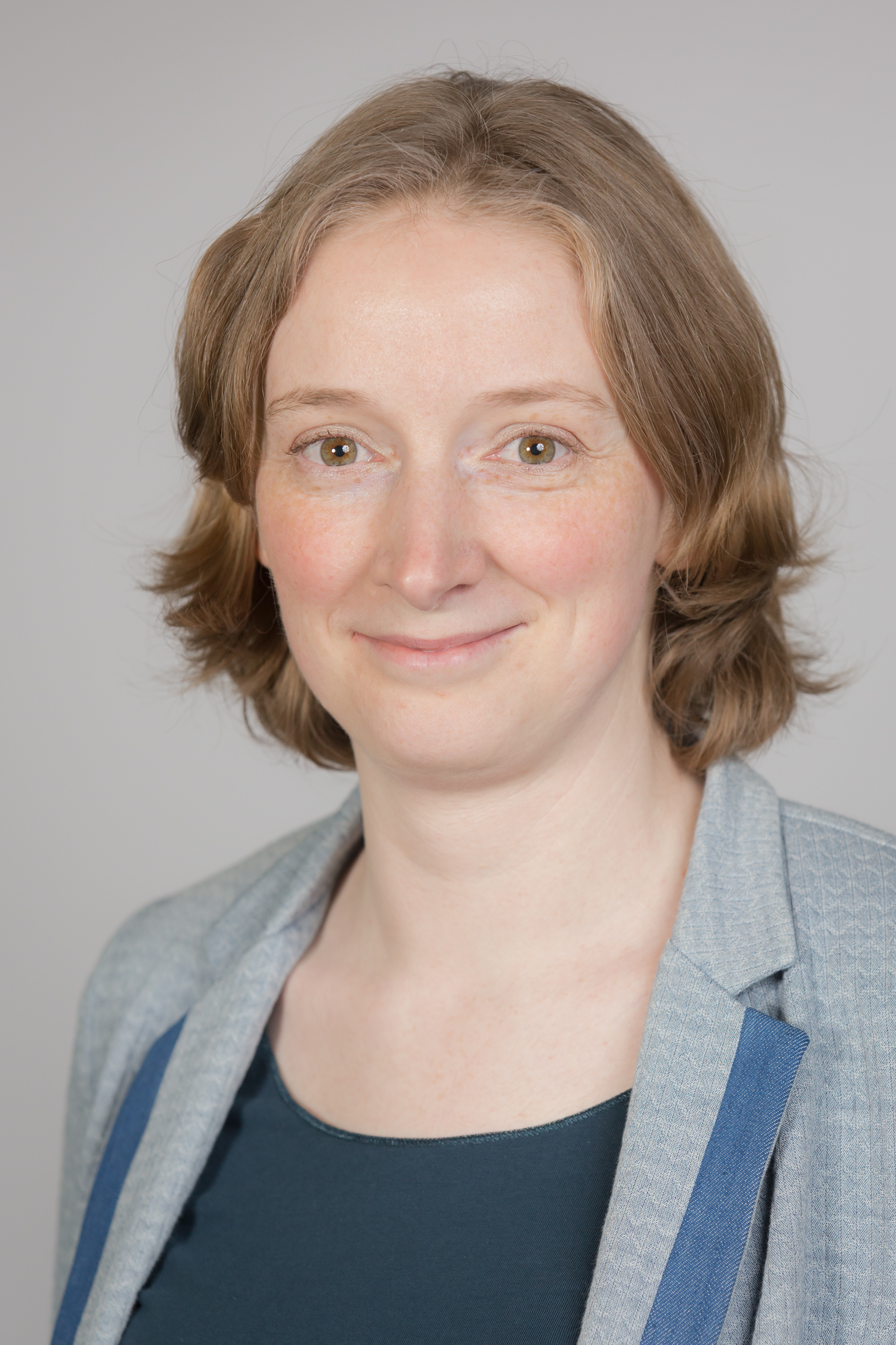 Isabelle Cleynen Isabelle Cleynen
© ECCO |
This year we celebrated the 10th edition of the SciCom Workshop. What better way to do this than by looking ahead at future therapeutic IBD targets?
To set the scene, Marc Ferrante took us through the limitations of current IBD therapies, including the therapeutic ceiling, lack of information on niche indications (e.g. anal fistula, pouchitis), drugs that become available despite many remaining questions, and safety and economic aspects. However, there is a bright future ahead, with many opportunities to explore, such as the need for novel drugs with better efficacy, thinking beyond anti-inflammatory drugs, head-to-head trials, using drugs more efficiently, considering other aetiological factors, precision medicine and more.